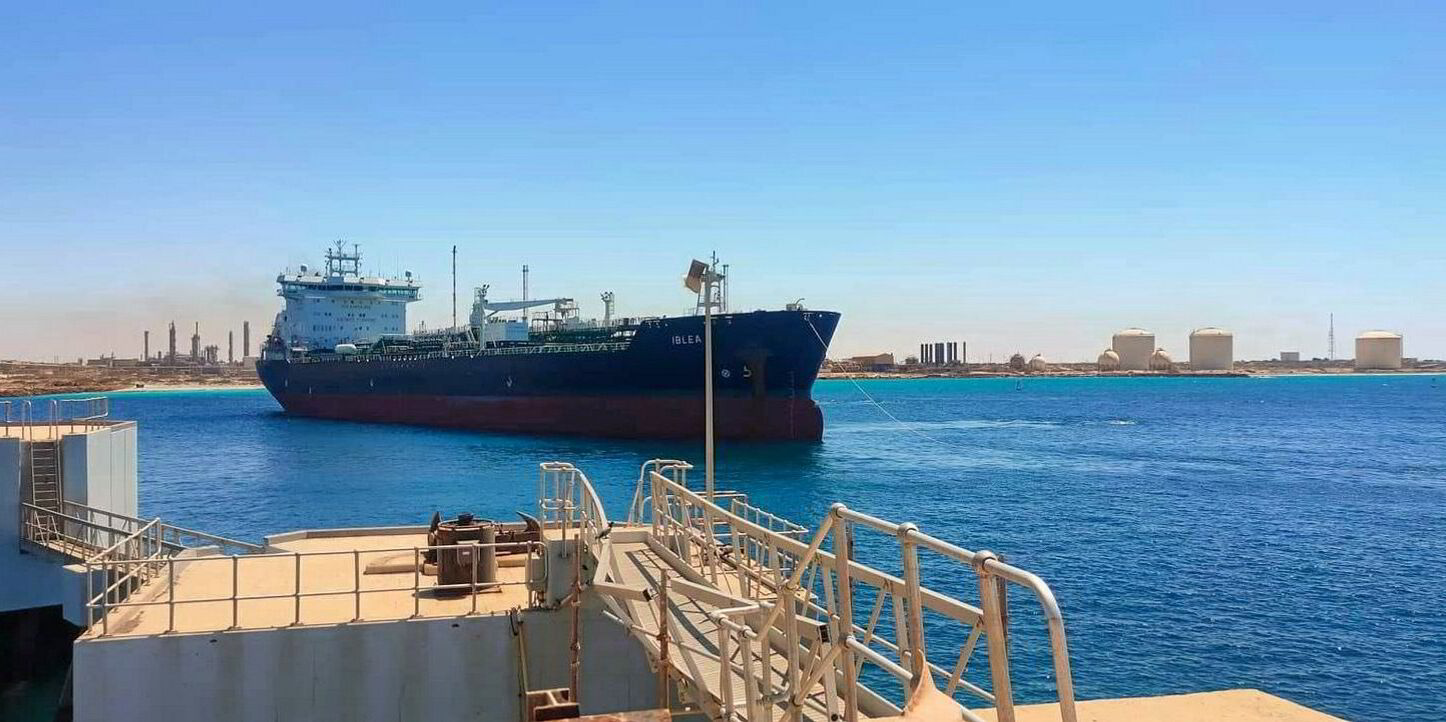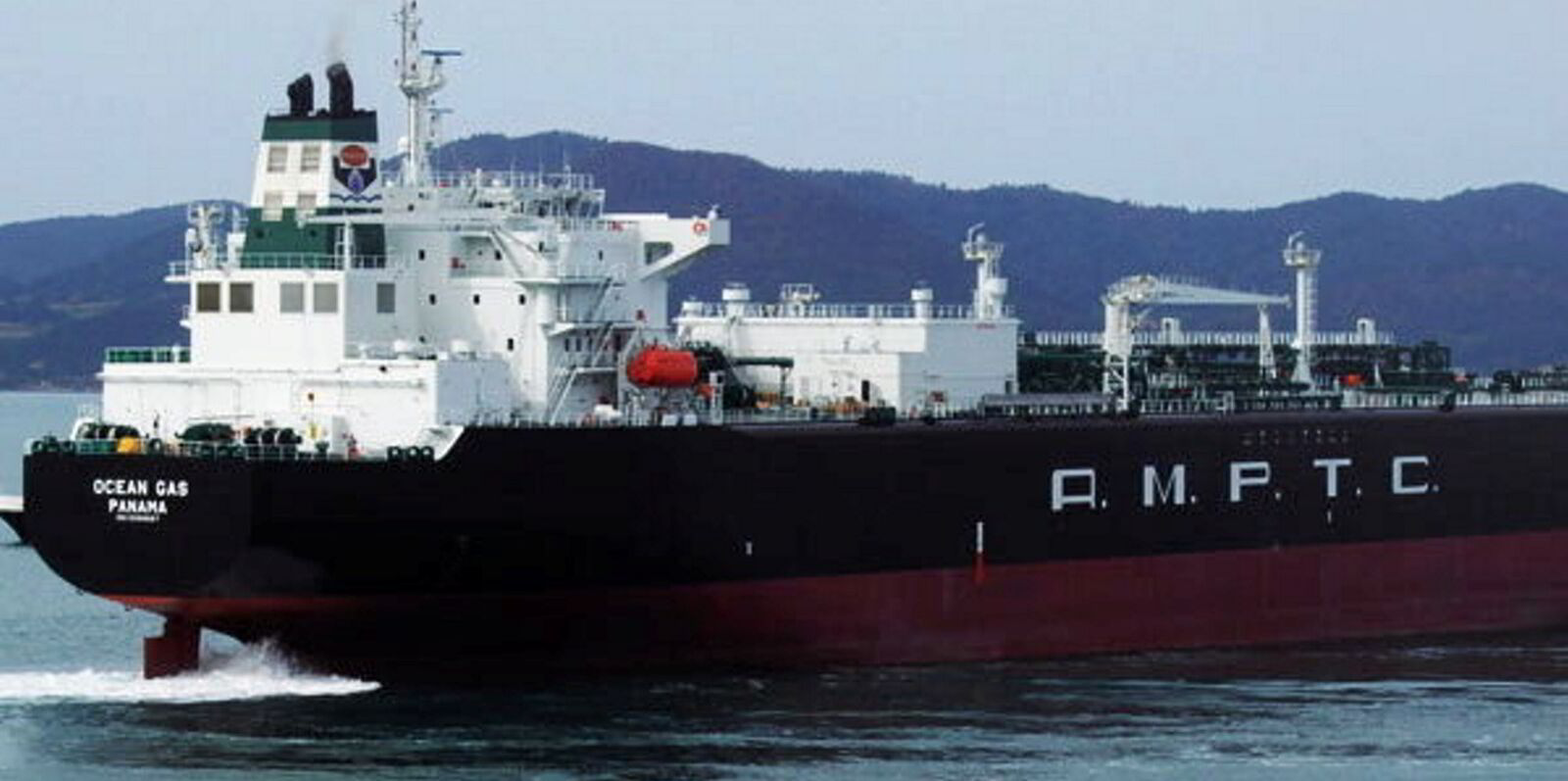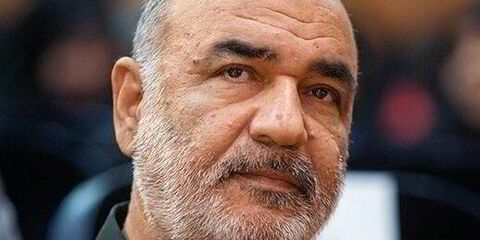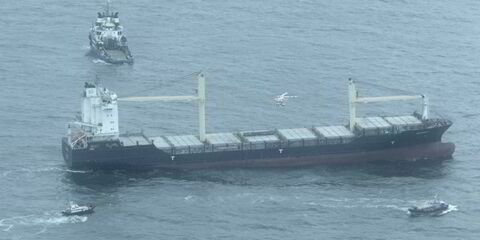The tanker market looks set for another shake-up as eastern Libya gets ready to halt crude exports.
Oilfields that make up nearly all the volatile country’s production will be closed, the Benghazi-based administration said on Monday.
The move comes after a rise in tensions over the leadership of the central bank, Reuters reported.
There has been no official statement from the country’s internationally recognised government in Tripoli or from the National Oil Corp (NOC).
Most Libyan oil is carried on aframaxes.
Exports have been running at nearly 1.2m barrels per day.
The potential closure of Libya’s oilfields would tighten supply and halt declining oil prices, according to Vortexa.
Kpler said the shut-in will be indefinite, affecting the ports of Marsa Al Hariga, Zueitina, Marsa Al Brega, Ras Lanuf and Es Sider.
“This cessation of crude exports will mostly impact European refiners, which have taken in about 611,000 barrels so far this year,” the consultancy added.
“Given that Libyan crude is nearly entirely of light sweet quality, European refiners will have to look elsewhere to fill their crude slates, likely from the US and West Africa,” Kpler added.
Fearnley Securities said: “While lower volumes are generally a net negative for the market, the lowered Libyan exports have already impacted aframaxes, while it could be a positive for tonne-miles if the barrels are replaced by Atlantic barrels, as we believe Opec+ will not increase exports on the back of the news.”
Gradually reducing output
NOC subsidiary Waha Oil Company said it planned to gradually reduce output and warned of a complete halt to Libya’s production, citing unspecified “protests and pressures”, Reuters said.
Another subsidiary, Sirte Oil Company, also said it would cut output, calling on authorities to “intervene to maintain production levels”.
If eastern production is halted, that would leave only the southern El Feel field operational, producing 130,000 bpd.
The Tripoli-based Government of National Unity’s Prime Minister Abdulhamid al-Dbeibah said in a statement that oilfields should not be allowed to be shut down “under flimsy pretexts”.(Copyright)





